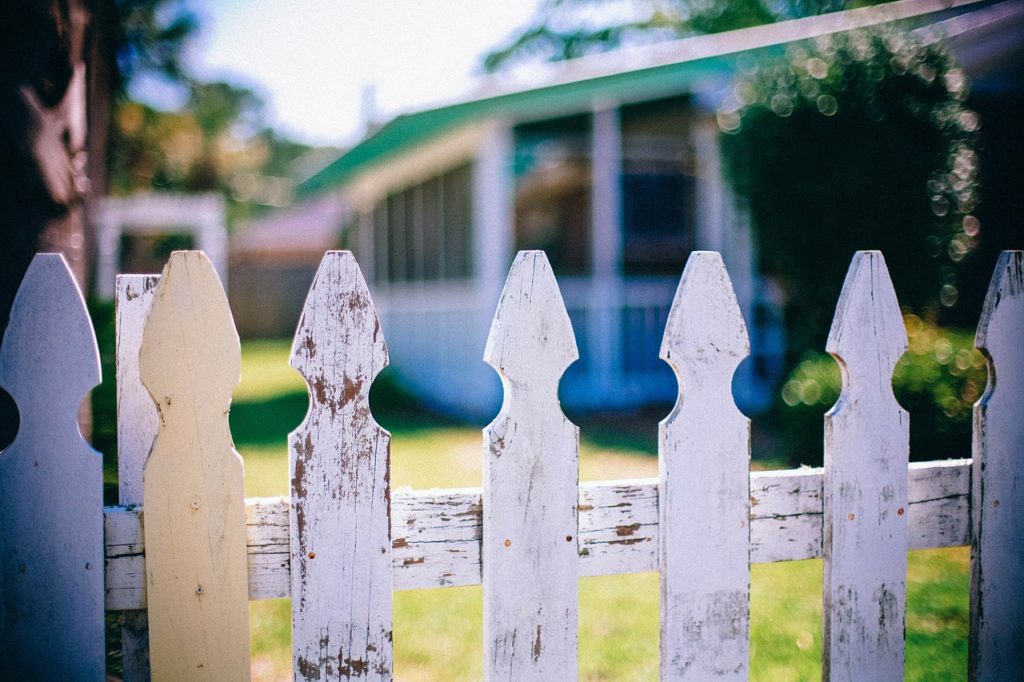It’s not unusual for people to express a desire to age, and to die, in the comfort of their homes rather than in a hospital setting. The benefits of receiving hospice care at home extend beyond simply one’s personal preference, according to a new study published in the American Cancer Society’s journal Cancer.
Terminally ill cancer patients who receive palliative care in their homes tend to survive longer than those who receive palliative care in the hospital, lead author Jun Hamano of the University of Tsukuba in Japan and his colleagues found in the study.
“Patients, families, and clinicians should be reassured that good home hospice care does not shorten patient life, and even may achieve longer survival,” Hamano said in a prepared statement.
The study, which was conducted in Japan between September 2012 and April 2014, involved a total of 2,069 cancer patients, 1,582 of whom received hospital-based palliative care and 487 of whom received home-based palliative care. A total of 462 patients actually died at home, and the remaining 1,607 patients died in a hospital.
The estimated median survival time was nine days for the patients who stayed at a hospital and 13 days for the group of patients who went home, the researchers found.
“The cancer patient and family tend to be concerned that the quality of medical treatment provided at home will be inferior to that given in a hospital and that survival might be shortened; however, our finding—that home death does not actually have a negative influence on the survival of cancer patients at all, and rather may have a positive influence—could suggest that the patient and family can choose the place of death in terms of their preference and values,” Hamano said.
Written by Mary Kate Nelson




